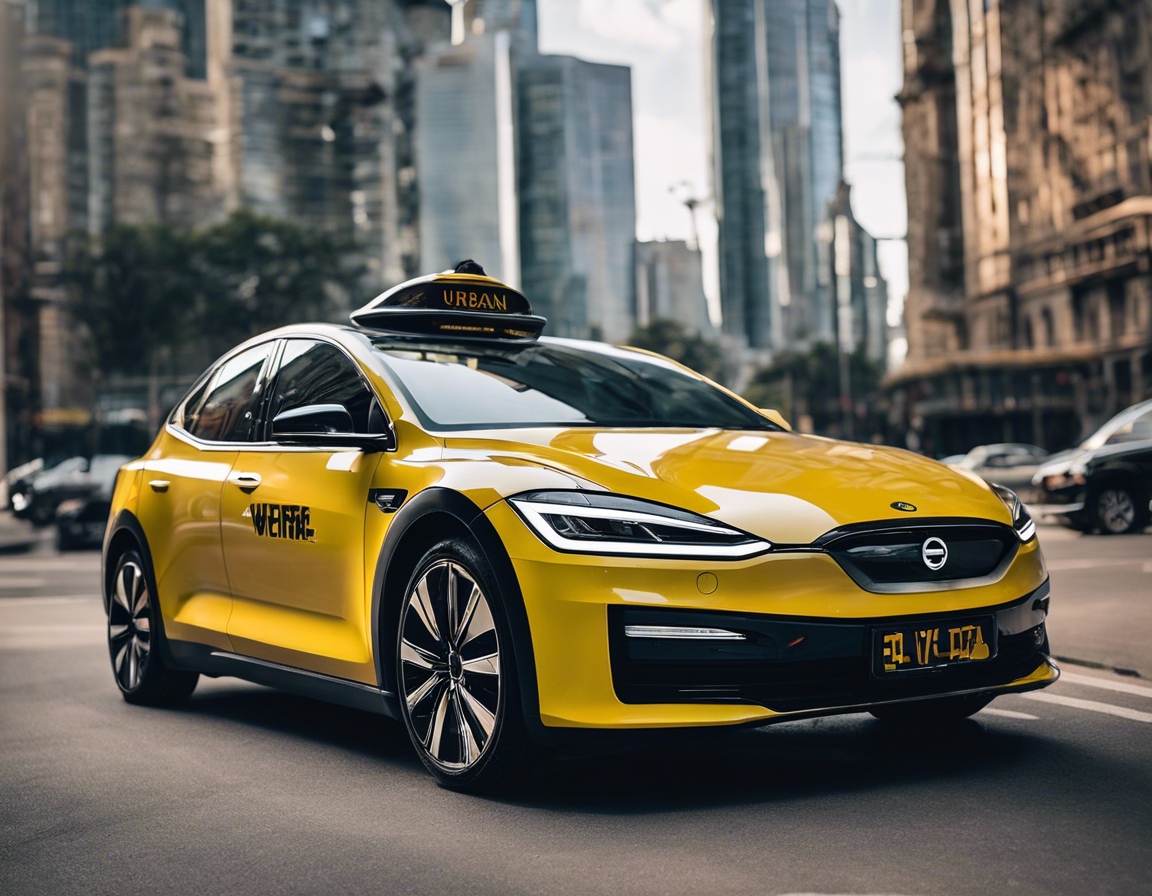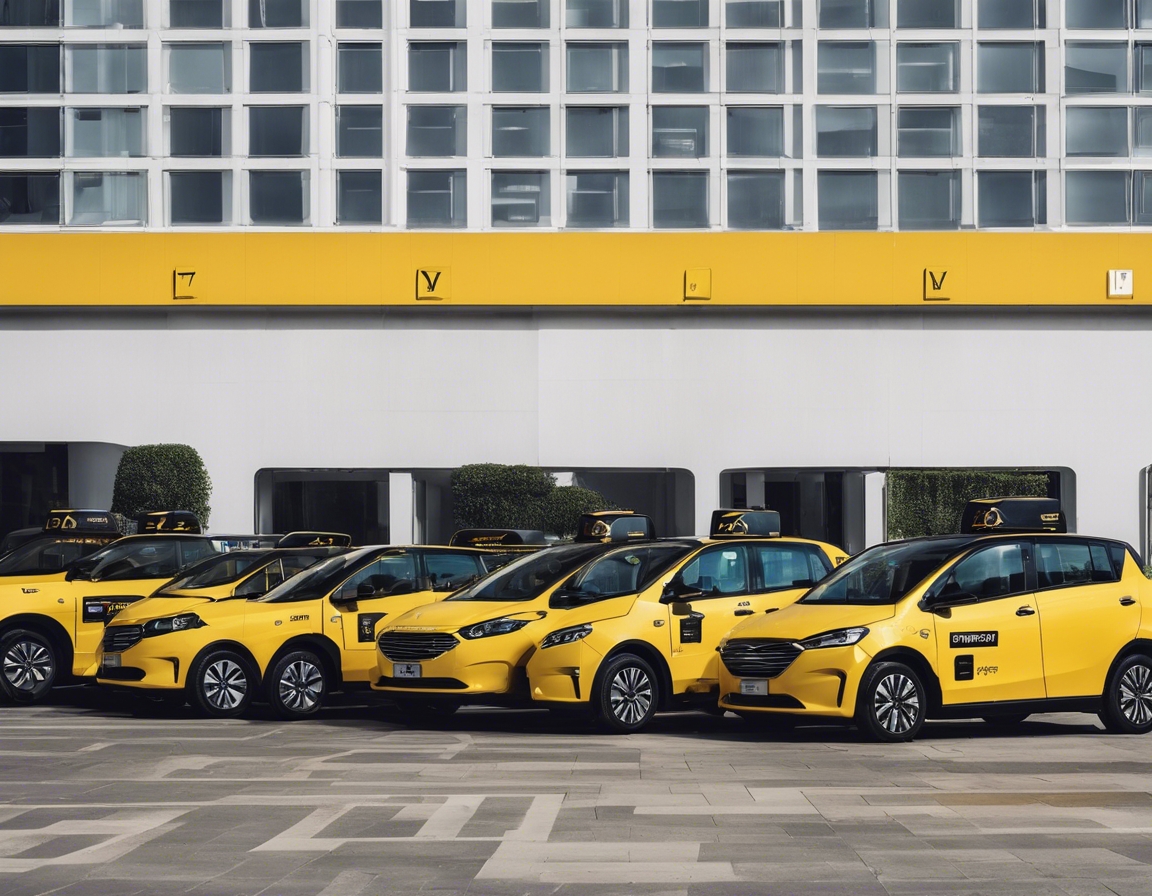The future of urban transport: electric cars
As urban centers continue to grow, the need for sustainable and efficient transportation becomes increasingly critical. Electric cars are at the forefront of this transformation, offering a promising solution to the challenges of urban mobility.
Electric vehicles (EVs) are no longer a futuristic concept but a present-day reality. With advancements in technology and increased environmental awareness, EVs are becoming a common sight on city streets.
Urban planners are now integrating electric mobility into their visions for the future, recognizing the potential of EVs to reshape cityscapes and transportation networks.
Technological Advancements in Electric Vehicles (EVs)
Breakthroughs in battery technology are making EVs more practical and affordable. Longer-lasting batteries with quicker charging times are enhancing the appeal of electric cars.
The expansion of charging networks and the integration with smart grids are essential for the widespread adoption of EVs. These developments are ensuring that electric cars are not just viable, but also convenient for urban dwellers.
The future of urban transport is not just electric but also autonomous and connected. These technologies promise to improve traffic flow and safety, further revolutionizing urban mobility.
Environmental Benefits of Electric Cars
One of the most significant advantages of electric cars is their ability to reduce emissions and improve air quality in cities, leading to a healthier environment for residents.
By transitioning to electric vehicles, cities can significantly lower their carbon footprint, playing a crucial role in the global effort to combat climate change.
Economic and Social Implications of Electric Cars
Electric cars offer economic benefits such as lower operating costs and various incentives, making them an attractive option for consumers.
The electric vehicle industry is a catalyst for job creation and economic growth, providing new opportunities in manufacturing, infrastructure development, and technology.
Electric cars can contribute to social equity by providing accessible and affordable transportation options, bridging the gap in urban mobility.
Challenges and Considerations for the Future
Despite the progress, range anxiety and long charging times remain concerns that must be addressed to ensure the success of electric cars in urban environments.
Adapting urban infrastructure and policies to support electric vehicles is essential for their integration into the fabric of city life.
For electric cars to truly become the future of urban transport, a cultural shift is needed. Consumers must embrace the change and recognize the long-term benefits of electric mobility.






Comments (0)